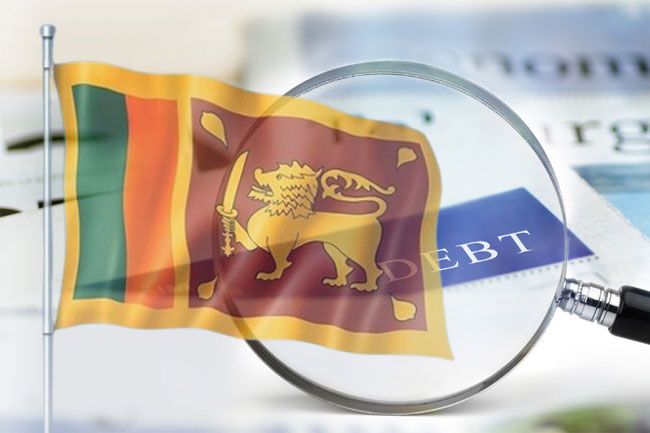Having begun his professional career as an Accountant at KPMG, Vipula Gunatilleka is now the Chief Executive Officer of Sri Lanka’s national carrier, SriLankan Airlines. He has over twenty five years of top management experience both locally and overseas of which over ten years of aviation experience as a Chief Financial Officer, Acting CEO, CEO and Board Member with international airlines.
The Airline industry is facing a crisis amidst the global COVID-19 pandemic, with significant decline in passenger numbers. In such turbulent times, it’s vitally important that airlines are agile and holistic at risk management, including strategic, operational and financial risk, in parallel with direct economic risks. Due to Vipula’s leadership, SriLankan Airlines has successfully managed this situation compared to most of the global airlines that have already gone into liquidation.
Speaking about the present situation of the Airline industry, he stated, “One of the worst affected industries with enormous challenges to rebuild the business. We have seen many bankruptcies as airlines are burning out cash rapidly and without shareholder support, more and more liquidations or bankruptcies are inevitable. Airlines have done a lot to streamline the expenses to reduce the cash burns and there is not much left. Moreover, options with staff layoffs, balance sheet restructuring, contract negotiations and steps to reduce expenses have been explored. Airlines eventually have to rely on the shareholder support for their medium to long term survival and to rebuild the business.
“The pandemic has also created many opportunities in the Air cargo and freight business driven by the increase in eCommerce activity. Transportation of the vaccine will be another opportunity.”
Furthermore, Vipula said that the Airline industry will take two or three years approximately to recover to reach the passenger volumes to the pre pandemic levels, although the cargo business will recover faster with the increasing demand for eCommerce and the short-term surge in the cargo business created by the vaccine.
Expressing his views about opening the country’s borders for tourism, Vipula mentioned that it is a positive move taken by the government as the country can’t close its borders for too long when considering the devastating effect on the economy.

“We must start from somewhere. It won’t be perfect initially and we will have to learn from mistakes. However, having simple and right guidelines and processors are vital.”
As a result of the Boeing 737 Max incident and the issues arising from the COVID-19 pandemic, safety concerns have been at the forefront. Explaining how the sector can allay concerns stemming from safety issues, the CEO stated, “Air Travel is safer than road or rail transport. There were two unfortunate incidents with Boeing 737 max which were major setbacks to the safety record of aviation. However, it’s pleasing to see that Boeing has worked hard to overcome the design issues they had with the 737 max.
“The 737 Max incident was a good eye opener for the manufacturers and regulators alike. Manufacturers should focus more on proper testing, design, and quality controls while the regulators must become more stringent when granting the regulatory approvals.
“About travel during the Pandemic, all evidence suggests that the chances of catching the virus on board is very remote as airlines have adopted all the safety measures on board and most of the airlines are certified today as safe carriers. Together with the on-board air circulation systems, air travel is much safer compared with many other modes of public transport. However, the challenge is the airports, transfers etc.”
On the topic of digitalisation, Vipula stated that it is the future and that any business without the right technology platforms will not be able to stay ahead of the competition.
“We must make use of big data and AI to improve pricing strategies and analyse and predict customer needs and trends. Traditional reservations and revenue management systems will be of little use.
“Competition will be too intense, and the yields will come under pressure, passengers will not plan travel in advance like they used to and will wait till the last minute for better deals and the airlines will have to respond fast. Tour operators and DMCs will have to drastically change their business models as well and have online platforms to sell holidays together with other services such as airport transfers, hotels, car hires etc.”
On a concluding note, Vipula affirmed that the pandemic has positively affected SriLankan Airlines to enhance its cargo network and that it will continue to support the tourism effort of the country.
“We started flying to destinations that have not operated in the past. We will rebuild our business around the cargo centric network that we have been operating for the last ten months or so. We have also done simple things to enhance and protect our brand value and rebuild the lost image during 2015 to 2018.
“Moreover, we will be connecting BIA with Africa to link Africa to Asia, India and Australia via Colombo which is faster compared to the Middle East. And we will support the tourism efforts of the country by re-commencing flights to some of the key tourist destinations.”

